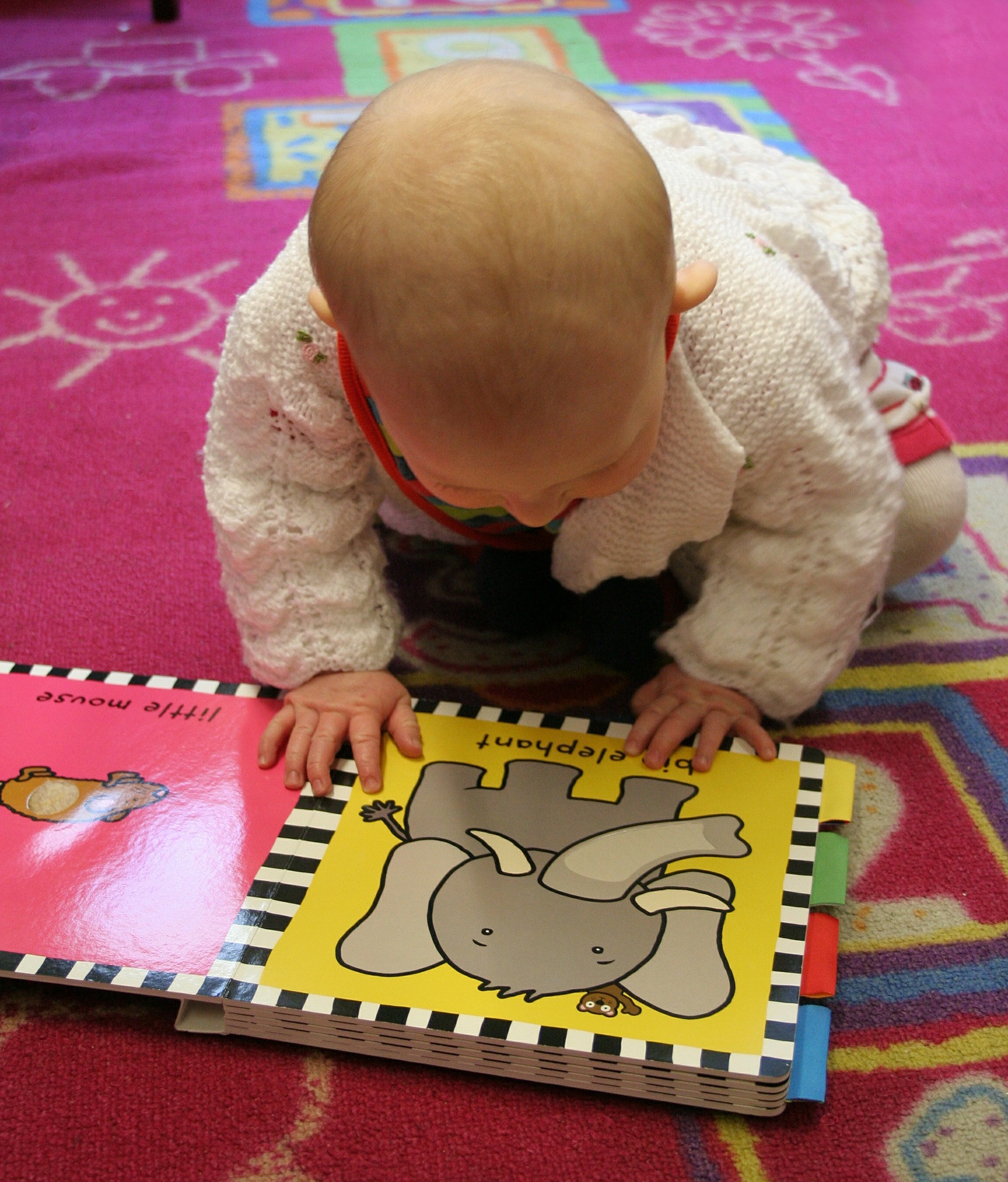Search
Research
The interaction between respiratory viruses and pathogenic bacteriaData on asymptomatic identification rates of respiratory viruses are limited, particularly in Indigenous populations, who suffer a high burden of OM.
Research
The changing epidemiology of invasive pneumococcal diseaseWe investigated trends in invasive pneumococcal disease (IPD) in Western Australia (WA).
Research
TLR2 mediates recognition of live staphylococus epidermidisStaphylococcus epidermidis is a nosocomial pathogen that causes catheter-associated bacteremia in the immunocompromised, including those at the extremes of age
Research
Antifungal therapy in infants and children with proven, probable or suspected invasive fungal infectionsThis review aims to systematically identify and summarise the effects of different antifungal therapies in children with proven, probable or suspected...
Research
Theories of otitis media pathogenesis, with a focus on Indigenous childrenOtitis media is a common childhood illness associated with hearing loss, social disadvantage and medical costs. Prevalence and severity are high among...
Research
Safety and Immunogencity of a Prototype Adjuvanted Inactivated Split-Virus Influenza A (H5N1) Vaccine in Infants and ChildrenHighly pathogenic avian influenza A virus (H5N1) is a leading candidate for the next influenza pandemic, and infants and children may play an important role...
Research
Diverging trends for lower respiratory infections in non-Aboriginal and Aboriginal childrenTo investigate temporal trends in admission rates for acute lower respiratory infections (ALRI) in a total population birth cohort of non-Aboriginal and...
Research
Vaccinating young adults against HPV: the importance of understanding health decision-making and behaviourVaccination of young teenage females against human papillomavirus (HPV) with a newly licenced quadrivalent vaccine designed to prevent cervical cancer and...
Research
The burden of rotavirus-related illness among young children on the Australian health care systemTo provide estimates of the annual number and cost of hospital admissions, emergency department (ED) visits and general practitioner (GP) visits...

Research
MeaslesMeasles is a highly contagious infectious disease that can cause severe, long-term complications in children.
